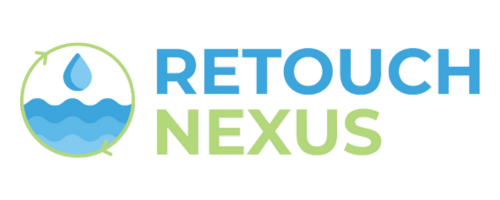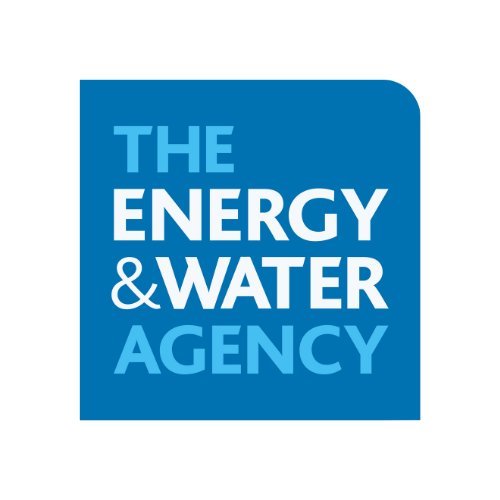Innovative Water Governance Solutions
RETOUCH NEXUS: Pioneering Smart Water Governance
Join us in revolutionising water governance through interdisciplinary collaboration and cutting-edge research.
About Retouch-Nexus
Our consortium of partners is committed to promoting sustainable and effective water governance. Our mission is to create holistic solutions by integrating technical, economic, social, institutional, and environmental aspects. Our team bring together experts in engineering, social sciences, political science, and economics to address complex water management challenges. By working with local government agencies, SMEs, and civil society, we strive to implement innovative, practical, and long-term sustainable water governance schemes.

February 6-7, 2023. Retouch-Nexus kick-off meeting at the Technical University of Munich, in Freising, Germany.
TECHNICAL UNIVERSITY OF MUNICH – GERMANY
Project Coordination Team
OUR ROLE IN THE PROJECT
Meet RETOUCH NEXUS Partners
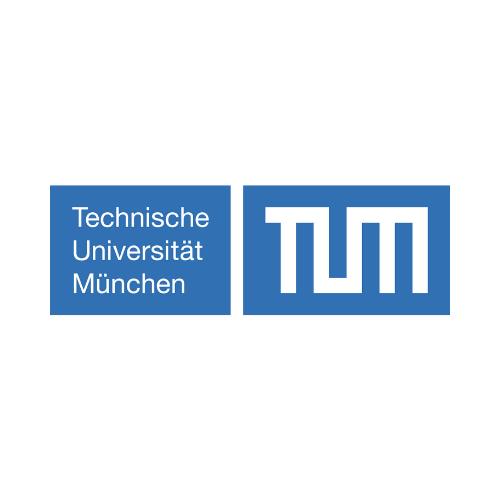
Technical University of Munich (TUM)
Project coordinator
Who are we ?
Founded in 1868, the Technical University of Munich (TUM) is one of Europe’s top universities committed to excellence in interdisciplinary research, inclusive teaching and active promotion of young scientists. The university also forges strong links with companies and scientific institutions across the world. TUM is organized in 14 departments that provide an excellent environment for research and for the education of 49,000 students with a total budget of EUR 1,770 million euros. TUM is represented in this project through two groups: the group of Production and Resource Economics and the group of Hydrology and River Basin Management.
What is our role in the project ?
The TUM group of Production and Resource Economics is the project coordinator and leads the WP1 activities that focus on the development of a robust monitoring framework of water governance. In addition, the group of Production and Resource Economics is leading WP6, associated with the management and coordination of the project’s activities.
The TUM group of Hydrology and River Basin Management is the German Case Study leader and with the support of Regierung Oberfranken are exploring the water governance challenges in the Upper Main region.
While the Upper Main region offers a strong interconnection of all the WEFE aspects, a regular stakeholder communication platform is missing. In addition, due to the hydrological extremes (floods and droughts), tensions among stakeholders are expected to increase. Therefore, there is an urgent need to map and overcome tensions among different water users, while ensuring environmental sustainability.
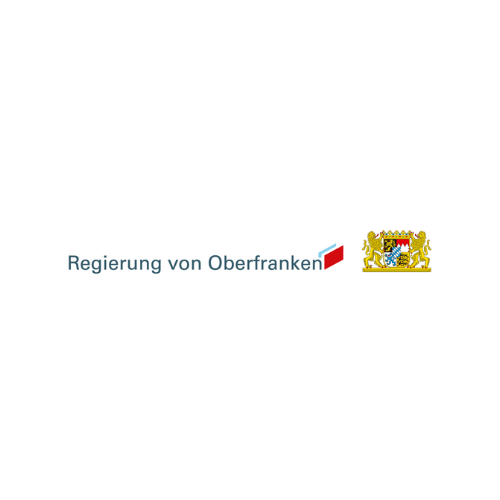
Regierung Oberfranken (associated partner)
Who are we ?
The Government of Upper Franconia (die Regierung von Oberfranken) carries out tasks within the competence of various ministries. Its task is to weigh the various interests against each other, place them under one and the same umbrella, and reach a decision that is both prompt and rational. In order to perform its duties in the field of co-ordination proficiently, the Government employs many experts in different fields.
What is our role in the project ?
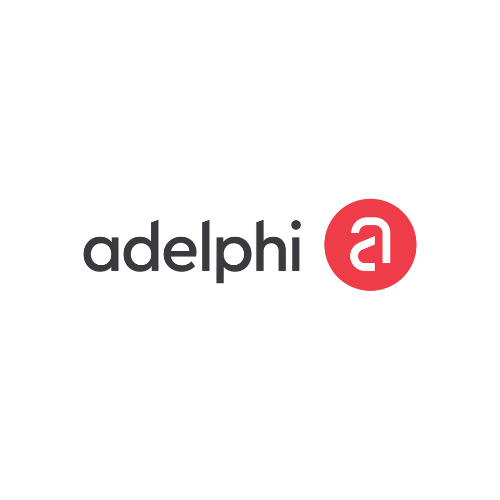
adelphi RESEARCH GEMEINNUTZIGE (adelphi)
Who are we ?
adelphi is the leading independent think-and-do tank in Europe for climate, environment and development. 300 strategists, thought leaders and practitioners are currently working at the local and global levels to find solutions to the most urgent political, economic and social challenges of our time. adelphi’s work is grounded in transdisciplinary research, evidence-based consulting and stakeholder dialogues. With these tools adelphi shapes policy agendas, facilitates political communication, informs policy processes and supports decision-makers.
What is our role in the project ?
adelphi will lead the WP2 to ensure that citizen and stakeholder engagement mechanism and capacity building of water governance stakeholders are also adapted to actors of the WEFE Nexus sectors. adelphi will provide a common approach forstakeholder mapping in case studies in T2.1 and a detailed review of good practices for stakeholder engagement and public participation in cross-sectoral water management in T2.2. Based on these and lessons learned from the case studies adelphi will prepare a handbook on innovative mechanisms and success factors for stakeholder engagement and public participation in cross-sectoral water governance. adelphi in collaboration with all the project partners will ensure the exploitation of the Nexus-smart water governance practices and institutional settings designed by RETOUCH NEXUS (T5.5).

Valencia Polytechnic University (UPV)
Who are we ?
The Hydroeconomic Modelling Group at IIAMA-UPV is a multidisciplinary team of researchers led by professor Manuel Pulido-Velazquez focused on researching the economic valuation and improvement of water resources and environmental management, as well as the use of economic instruments to achieve sustainable use and management of water.
What is our role in the project ?
We are leading Work Package 3 “Economic and financial schemes of water systems”. In the WP we will examine the use of various tools and methods, such as pricing policies, water markets, crop insurance, and payments for environmental services, to achieve sustainable use and management of water incorporating a WEFE perspective.

Euroquality (EQY)
Who are we ?
Euroquality is a consulting company specialised in European projects setting up and management. Since 1997, Euroquality supports technological and methodological innovation within all organisations active in R&D (SME, industries, research centres, NGOs, universities, etc.). Euroquality has supported the consortium in the setting up of the RETOUCH NEXUS proposal.
What is our role in the project ?
Euroquality will lead the work package on the communication and dissemination activities in order to reach the greatest possible audience; promote Project Results across external stakeholders and the general audience, to maximise its impacts and visibility across Europe and beyond.
EQY will use its large experience to propose a tailored Communication and Dissemination Plan (D5.1) and will implement communication activities for general audience (T5.2) and dissemination to various target audiences (T5.3).
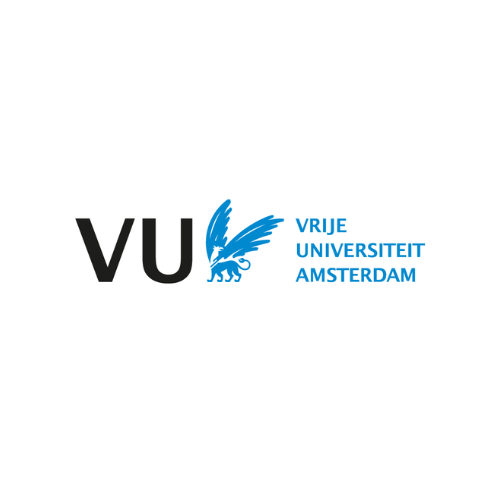
Vrije Universiteit Amsterdam (VUA)
Who are we ?
Vrije Universiteit Amsterdam (VUA) is unique university with faculties in the humanities, STEM, social sciences and medical sciences. Our education and research are closely linked. We combine our top position in research with a strong social orientation, which has resulted in an excellent international reputation. Participating researchers are from the School of Business and Economics as well as the Institute for Environmental Studies.
What is our role in the project ?
VUA will combine expertise on governance and economics as applied to water resources. VUA leads WP4 on designing and promoting WEFE Nexus-based multi-level, multi-actor and cross-sectoral water governance schemes and policy instruments. In WP3, VUA will provide a conceptual analysis of the integration of the nexus perspective in economic policy instruments. VUA will support HHNK on the Dutch case study. The case study focuses on the fresh water supply and quality with rising population numbers and consequent housing issues as well as the increase of large-scale industries in the area, in combination with longer periods of drought leading to a serious decline in the fresh water supply.
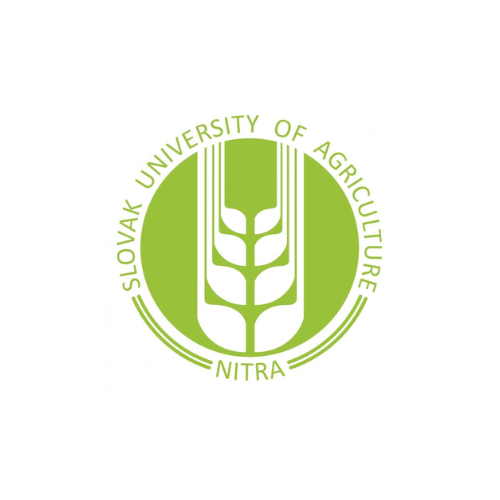
Slovak University of Agriculture (SUA)
Who are we ?
The Slovak University of Agriculture provides education in the field of agriculture and related research areas. The University cultivates close and productive links with its local and regional community and continually expands its work at an international level in both teaching and scientific research. The university has a strong tradition of working in collaboration with business and industry and playing an active role in economic regeneration.
What is our role in the project ?
Slovak University of Agriculture will be task leader on the definition of case study baseline for economic, financial and business instruments (T3.1) and for water governance schemes and institutional settings (T4.1).
SUA will manage the Slovak case study and will work closely with the local associated partner, the Slovak Ministry of Agriculture and Rural Development of the Slovak Republic. The case study will focus on increasing water retention capacity, improving irrigation systems and enhancing the landscape structure that have a direct impact on reducing the risks of floods and droughts in the southwest part of Slovakia, ensuring water security, eliminating desertification and reducing the loss of biodiversity.
Energy And Water Agency (EWA)
Who are we ?
The Energy & Water Agency (EWA) is an organisation of the Government of Malta under the Ministry for Environment, Energy and Enterprise. Since its creation in 2014, its mission has been to ensure the security, sustainability and affordability of energy and water in Malta. As a governmental agency, EWA formulates and coordinates the implementation of the Government’s national policies for energy and water, as well as EU legislation with regards to renewable energy, energy efficiency, water demand management, and the security of Malta’s electricity, gas and water supply.
What is our role in the project ?
The Energy and Water Agency will manage the Maltese case study which will address the management of water resources at the national level within the Malta River Basin District.
The Malta case study will present a context of water scarcity arising due to the natural semi-arid conditions which prevail in the islands and focus on the development of the system analysis required for the optimisation of water supply to the municipal and agricultural sectors, which is becoming increasingly dependent on non-conventional water resources (sea-water desalination and water reclamation).
This within Malta’s water policy framework which focuses on the conjunctive use of water supply augmentation and water demand management measures to ensure the achievement of long-term water supply security, in an increasingly environmentally sensitive manner.
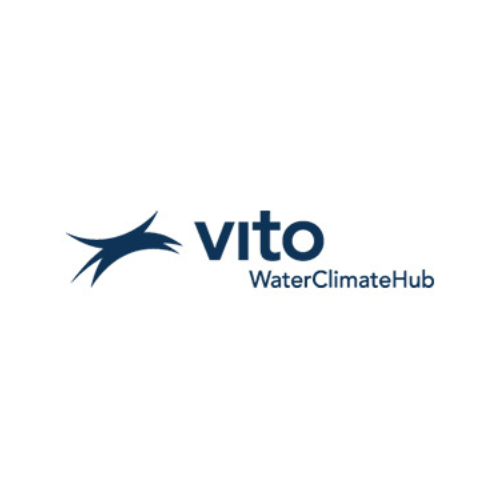
Vlaamse Instelling voor Technologisch Onderzoek (VITO)
Who are we ?
VITO works on de-risking innovation for businesses and strengthens the economic and societal fabric of Flanders, with interdisciplinary research and large-scale pilot installations. Its aims to accelerate the transition to a competitive, clean and secure environment in Flanders and the world, and to stimulate sustainable use of space and water, with links to health, agriculture and more.
What is our role in the project ?
VITO, coordinator of Waterproof project, will be the Belgian Case Study Leader and will work closely with the drinking water utility De Watergroep (DWG), partner in the project. The case study focuses on how to make business parks and residential parks more climate-resilient with collective rainwater measures and water reuse. The main challenge is the development of water pricing mechanisms for secondary water. This mechanism is not available yet and is needed for the sustainable management of the actual ongoing investments.
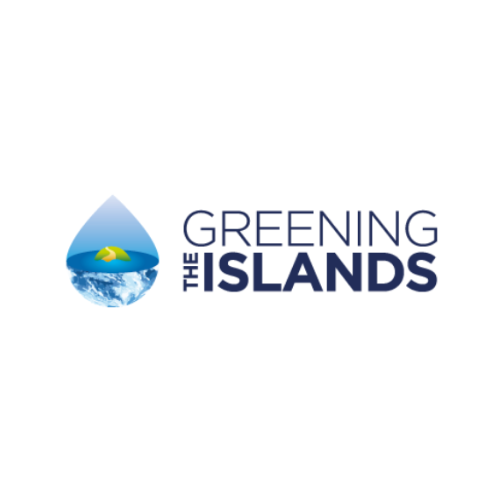
Greening the Islands (GtI)
Who are we ?
Greening the Islands is an innovative start-up company committed to building a network of key stakeholders working together for self-sufficiency, sustainability, resilience and improved livelihoods on islands and in remote locations. It facilitates cooperation between local, regional and national governments, institutions, utilities, innovation providers, investors, industry associations, academics and media. It supports the development and the dissemination of the best innovative, sustainable solutions for islands involving and creating value for local communities.
What is our role in the project ?
Greening the Islands will lead a task dedicated to the design business modelling approaches (T3.4) that will be combined with the economic instruments proposed and validated in WP3 to promote a financially sustainable water future.
GTI will also support EWA in the management of the Maltese case study. The case study will focus on the water supply for the municipal sector and recently for the agricultural sector that is becoming increasingly dependent on non-conventional water resources (sea-water desalination and water reclamation) – hence directly drinking water supply and food production to the energy requirements for the treatment and distribution of the produced water.
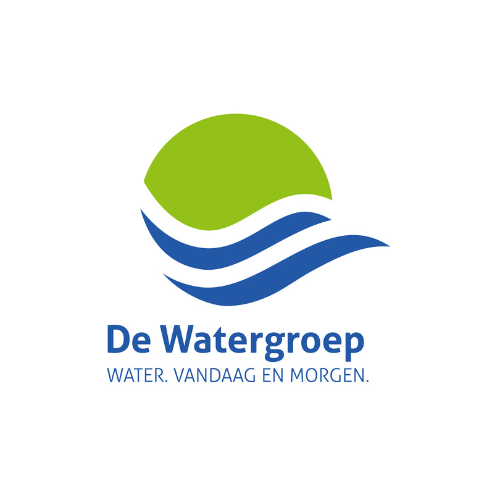
De Watergroep
Who are we ?
De Watergroep is the largest drinking water company in Flanders. Yearly, they supply 130 million cubic meters of water to their 3.3 million customers through more than 34,000 km of pipes. Client-driven thinking and acting is the hallmark of all their business practices. As a water company, they have developed a strong technological edge to support their passion for water as a source of life and health. Furthermore, they are strongly committed to innovation and have already participated in various European projects (f.e. B-Water Smart and Superlocal). Their mission is to supply water in a sustainable way today, for tomorrow’s generation. This is achieved by ensuring the economically and ecologically responsible management of every link in the water chain: rainwater, groundwater, surface water, drinking water and wastewater.
What is our role in the project ?
De Watergroep, an affiliated partner, will support VITO on the implementation of Belgian Case Study Leader. The case study focuses on the rainwater collection in a business park. Rainwater collection is an obligation in Belgium for industrial companies. However, its reuse is currently limited and unevenly distributed (low demand for application for most companies, higher demand than supply). The main challenge is the development of water pricing mechanisms for secondary water. This mechanism is not available yet and is needed for the sustainable management of the actual ongoing investments in the Waterproof project.

Hoogheemraadschap Hollands Noorderkwartier (HHNK)
Who are we ?
Regional Water Authority of Holland Noorderkwartier is the water manager in the Dutch province North-Holland north of the North Sea Canal (Amsterdam). HHNK protects land against flooding. The water system is managed -for both the quality and quantity- by a canal system. Furthermore the sewage is purified and the rural roads are managed
What is our role in the project ?
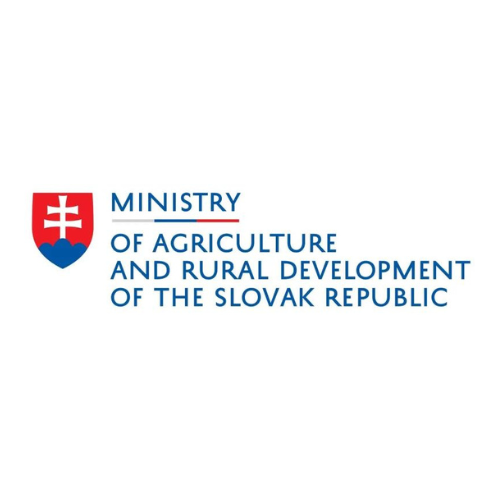
Ministry of Agriculture and Rural Development
Who are we ?
The Slovakian Ministry of Agriculture and Rural Development performs state administration within the scope of its remit, including specialised state supervision in the areas of agriculture and rural development. It directs, guides and inspects the execution of the state supervision of irrigation systems, drainage systems and the execution of the program of agricultural activities in the declared vulnerable areas.
What is our role in the project ?
